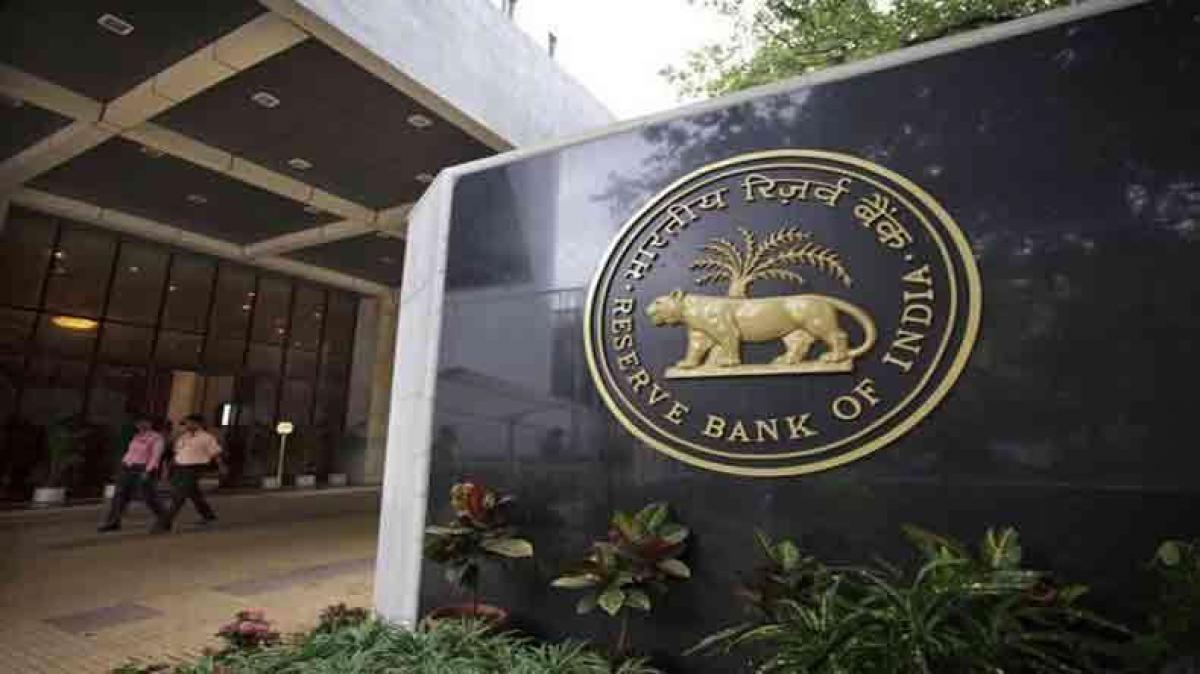The foreign exchange reserves of India, managed by the Reserve Bank of India (RBI), have witnessed a remarkable surge in recent years, propelling India to become one of the top forex reserve holders globally. This substantial stockpile of foreign currencies, gold, and other assets is not only a symbol of India’s growing economic prowess but also a vital lifeline for the country’s financial stability.

Image: www.zeebiz.com
In this article, we delve into the significance of forex reserves, explore the reasons behind India’s impressive growth in this area, and examine the implications for the Indian economy and beyond.
The Significance of Forex Reserves
Forex reserves are a nation’s savings in foreign currencies. They serve multiple critical functions for a country’s economy:
-
International Trade Facilitation: Forex reserves enable a country to import essential goods and services even when its export earnings are insufficient, ensuring smooth international trade.
-
Currency Stabilization: Central banks use forex reserves to intervene in the currency market to maintain stability and prevent excessive fluctuations.
-
Debt Repayment: Forex reserves provide a buffer to repay external debts, preventing defaults.
-
Confidence Boost: Ample forex reserves boost investor confidence and attract foreign capital, fostering economic growth.
Reasons for India’s Forex Strength
India’s remarkable growth in forex reserves can be attributed to several factors:
-
Remittances from Overseas Indians: India receives a substantial inflow of remittances from its diaspora living abroad, particularly from the Middle East and North America.
-
Foreign Direct Investments (FDIs): India has attracted a significant amount of FDI in recent years due to its growing economy and favorable investment policies.
-
Portfolio Investments: Foreign institutional investors (FIIs) have increased their investments in India’s capital markets, boosting forex reserves.
-
Export Earnings: India’s exports have grown steadily in value, contributing to foreign currency inflows.
-
RBI’s Intervention: The RBI has proactively purchased US dollars in the international market to enhance forex reserves.
Implications for India’s Economy
The surge in India’s forex reserves has several positive implications for its economy:
-
Improved Balance of Payments: High reserves strengthen India’s balance of payments, reducing external vulnerabilities.
-
Enhanced Import Capacity: Increased reserves give India greater resilience to global economic shocks and enable it to absorb import shocks during emergencies.
-
Foreign Exchange Stability: Ample forex reserves help maintain exchange rate stability, promoting business confidence and reducing risk for investors.
-
Boosted Credit Ratings: International credit rating agencies often assess forex reserves to evaluate a country’s creditworthiness, which can have positive implications for India’s sovereign ratings.

Image: www.thehansindia.com
Global Significance
India’s substantial forex reserves have global implications as well:
-
Contribution to Global Liquidity: India’s participation in the global foreign exchange market adds to global liquidity and supports international trade.
-
Potential Currency Power: Growing forex reserves could give India more leverage in international monetary and economic forums.
-
Influence on Emerging Economies: India’s forex strength serves as a role model for other emerging economies, encouraging sound economic policies.
Forex Reserves Of India Rbi
Conclusion
India’s foreign exchange reserves have grown exponentially, making India a global force in forex holdings. This impressive growth stems from various factors, including remittances, FDI, increased exports, and the RBI’s pro-active stance. The substantial reserves provide a strong foundation for India’s economic stability, facilitating trade, protecting the currency, and attracting foreign capital. India’s forex strength also holds global significance, contributing to liquidity, influencing monetary policies, and inspiring economic growth in emerging markets worldwide.






